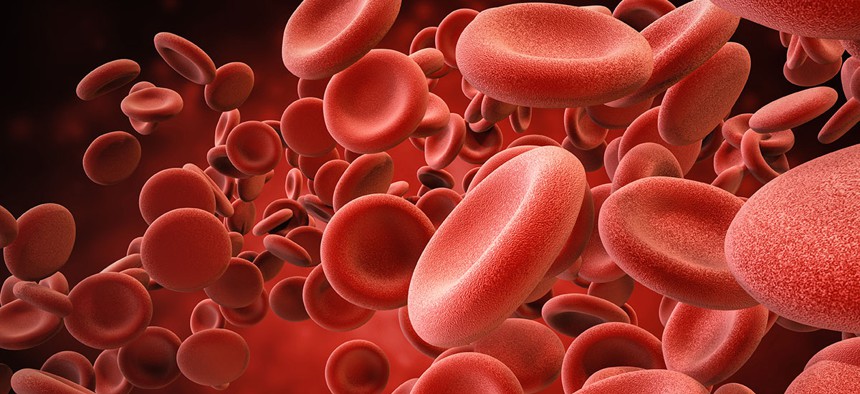Federal Researchers Made Tiny Needles that Monitor Your Blood

Phonlamai Photo/Shutterstock.com
The Sandia National Laboratories are looking for help developing them.
The future of health care might be little needles embedded in your body, continuously and painlessly monitoring your blood flow and relaying that information back to a medical device.
At least, that’s the kind of technology the Sandia National Laboratories are developing, and they’re looking for partners to help build it out further.
The lab has already patented technology for these microneedles, which can monitor a person’s electrolyte and protein levels without “traumatizing nerves,” according to a solicitation. They can be used in conjunction with other wearable or portable medical devices.
» Get the best federal technology news and ideas delivered right to your inbox. Sign up here.
Researchers have already tested the technology on human subjects, and wants other groups to help integrate the needles into other hardware or electronic device systems. They’re also looking to expand clinical trials, which could help develop algorithms that could incorporate input from the needles into medical diagnoses.
The Energy Department lab also wants help commercializing the technology, potentially through cooperative research and development agreements, or CRADAs.
The solicitation for partners comes as President Donald Trump’s administration has advocated for steep cuts in technology research and development investments, especially at the Energy Department. The White House budget proposal “focuses federal activities on early-stage R&D and reflects an increased reliance on the private sector to fund later-stage R&D.”
Researchers can look outside government for help commercializing products, the proposal suggested, in areas “where the private sector has a clear incentive to invest.”





